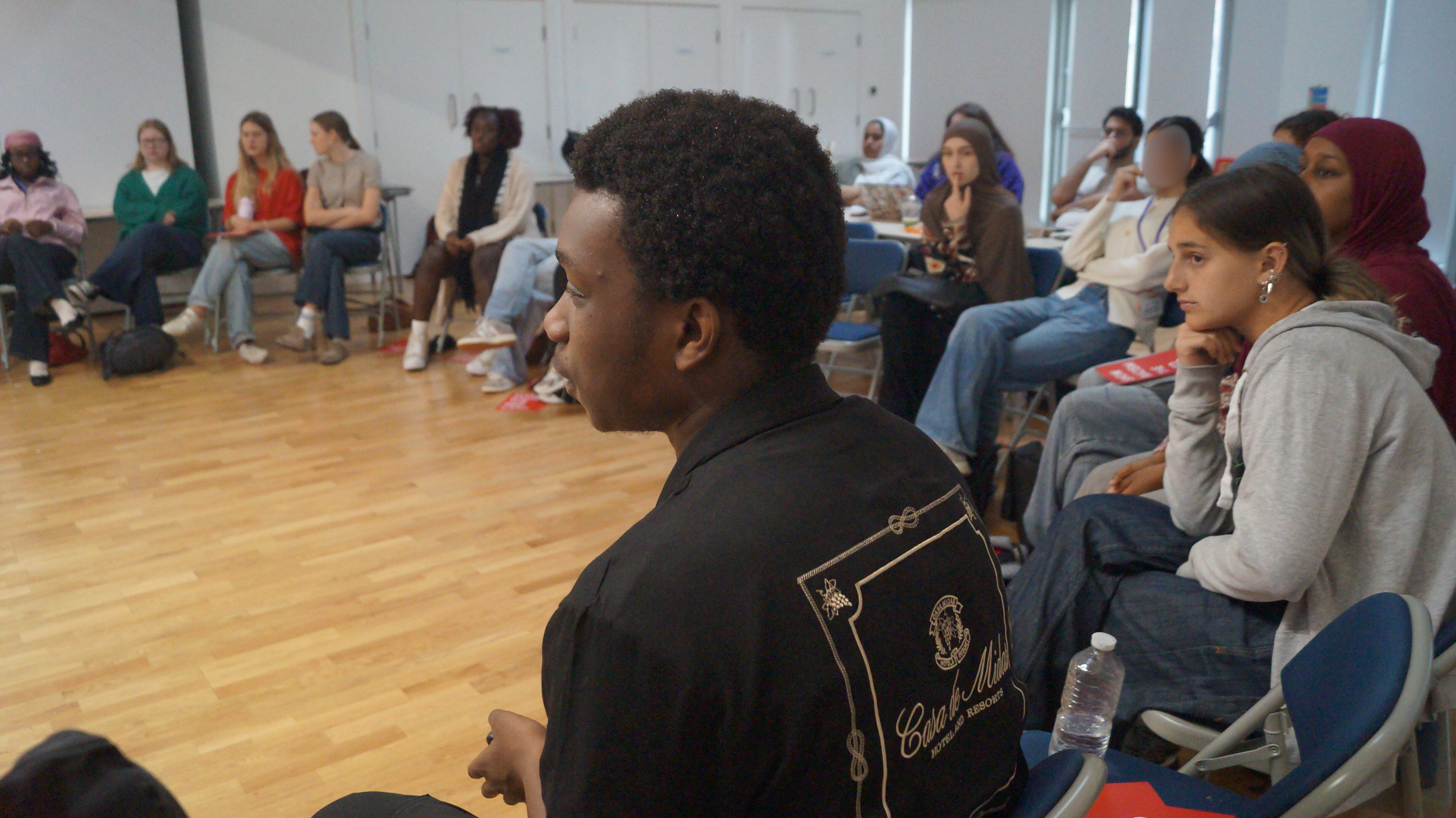This summer, I had the privilege of participating in the Bridge Builders programme, run by Solutions Not Sides - an initiative designed to bring young people together to engage meaningfully with a long-standing global issue: the Palestinian-Israeli conflict. From the outset, the programme emphasised a commitment to dialogue, understanding, and critical engagement, rather than advocacy for a particular position. This approach immediately set the tone for an environment in which learning, empathy, and reflection were prioritised above argument or persuasion.
Throughout the programme, we had the unique opportunity to hear directly from both Palestinian and Israeli speakers who shared their lived experiences of the conflict. What struck me most was the humanity in their stories. They didn’t come to convince us to adopt one perspective or another; rather, they shared narratives marked by struggle, resilience, and a hope for a better future. Listening to these individuals helped me recognise how often mainstream discourse simplifies or dehumanises people, reducing them to symbols or statistics.
In reality, those affected by the conflict are navigating fear, trauma, and uncertainty - realities that are deeply personal and often lost in broader political debates. This reminder of shared humanity was one of the most profound aspects of the programme.

In addition to these testimonies, we explored the historical and political roots of the conflict, the influence of media and language on public perception, and the ways in which young people can contribute to bridge-building rather than further entrenching divides. One of the most valuable aspects for me was engaging with a diverse group of peers, each bringing different perspectives shaped by culture, faith, and personal experience. The conversations we had were sometimes challenged, but this discomfort proved necessary. These discussions emphasised the importance of listening as an active practice, and of holding space for perspectives that differ from our own.
As someone committed to social justice, I have often encountered performative activism, or gestures of solidarity that lack depth or critical engagement. The Bridge Builders programme offered an alternative: a structured and principled approach to dialogue that prioritises informed, empathetic engagement. It reinforced for me that supporting human dignity and justice does not require choosing a “side” in the conflict, but rather advocating consistently for accountability, fairness, and peace.
In a world where it is increasingly easy to talk past one another or retreat into echo chambers, Bridge Builders offered a rare space for listening and reflection. I left about the programme more informed on history, media representation, and the politics surrounding public discourse.
Building solutions begins with conversation, and the first step in those conversations is a willingness to listen, reflect, and understand perspectives beyond our own.
__________
This article was written by a participant from our flagship Bridge Builders Programme. You can find out more about this initiative at this link.